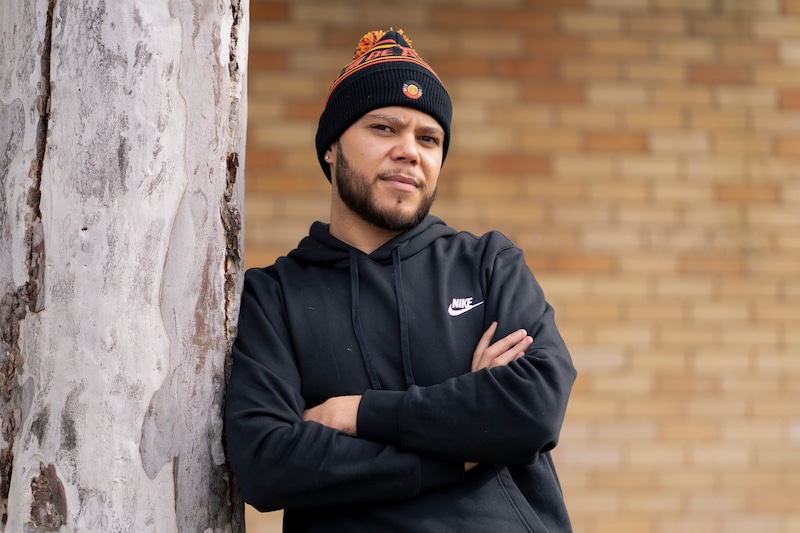You can’t achieve progress without naysayers, and the ACT Government has made serious progress in designing a new Territory Coat of Arms. The project was announced at the beginning of 2021 to supplement (not replace) the existing City of Canberra emblem.
This week, shortlisted designs are being viewed by a carefully selected reference group, before the finalists are put up for public vote. The project has received minor backlash recently, from individuals who doubt the importance of an updated symbol.
Bradley Mapiva-Brown, head of the United Ngunnawal Youth Council, told Canberra Daily that a new, inclusive coat of arms is most important to the very same group that has been a driving force behind its creation – the Ngunnawal community.
“This is a tangible step in the right direction toward reconciliation with not only the Ngunnawal people but also the wider Aboriginal and Torres Strait Islander people who live on our country,” Mr Mapiva-Brown said.
“The current coat of arms was not created with any consultation with Ngunnawal people at all. In the design process for the new coat of arms, everybody had a voice. We’re moving forward together, and those that deny the importance of that hold us back.”
Since Mr Mapiva-Brown was recruited by the ACT Government at the beginning of the year to be a part of the reference group, the Ngunnawal community has been deeply involved in the creation process.
“The United Ngunnawal Elders Council have been consulted by the designers at the University of Canberra, sharing culture and knowledge and supporting them in creating designs,” he said.
“Recently, we’ve put a call out to our Ngunnawal artists, asking them to submit their designs as well. Several members of the United Ngunnawal Youth Council have submitted. This project has been largely youth-driven, with our elders in full support.”
Mr Mapiva-Brown explained why symbolism holds so much importance to his people, and why they are working to have a say in how they’re represented. “Symbolism is our second language. It’s been a language that we’ve used pre-colonisation. It’s in our artworks, and how we share stories. It’s a huge part of our culture, which is especially important today,” he said.
“The last ACT coat of arms did not represent us. Yes, it may have certain features that represent our flora and fauna, but it never came from a Ngunnawal voice. It came from some white men up on a hill, who happen to be the same voices telling us it’s still inclusive today, but no.
“From a Ngunnawal standpoint, inclusivity is when everyone has a voice at the table.”
The process for a new emblem began with a mass survey to Canberrans, asking whether the City of Canberra coat of arms was still adequate representation in modern times. The answer was a resounding ‘No’.
“It warmed my heart when I saw many Canberrans mention that they would like to see a symbol that represents more of Ngunnawal culture. People are evolving. People are understanding that we all must work together. We still have a lot more work to do, but this is a step in the right direction.”
Regarding further steps towards progress, Mr Mapiva-Brown said the first action should always be consultation.
“Come and have a yarn, we have a lot to say. The government stakeholders who instigated this project were instrumental in its success, in that they consulted with Ngunnawal people and were respectful,” he said. “Consult with us because, at the end of the day, we’re always going to be here, we’re not going anywhere.”
Get all the latest Canberra news, sport, entertainment, lifestyle, competitions and more delivered straight to your inbox with the Canberra Daily Daily Newsletter. Sign up here.
For More:



